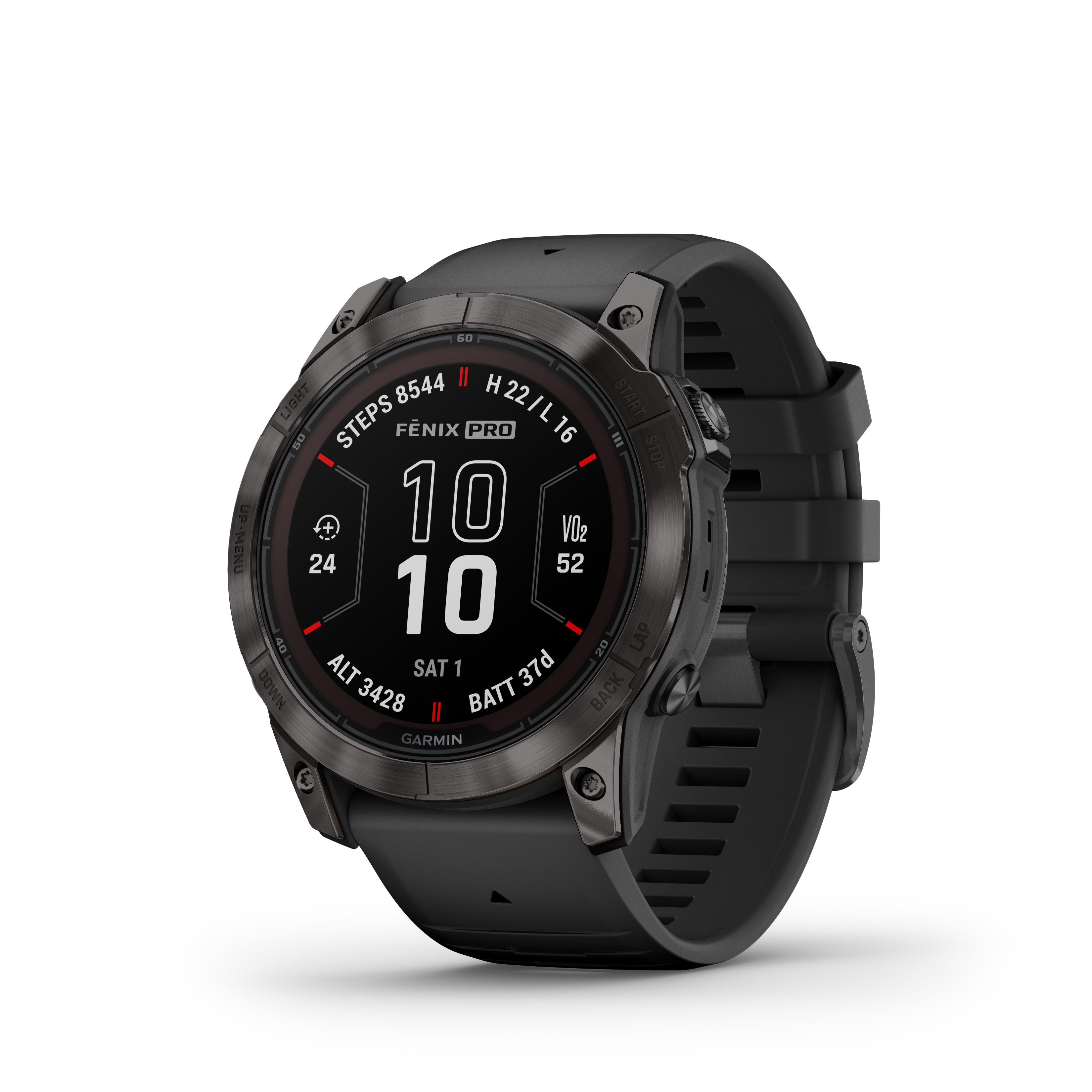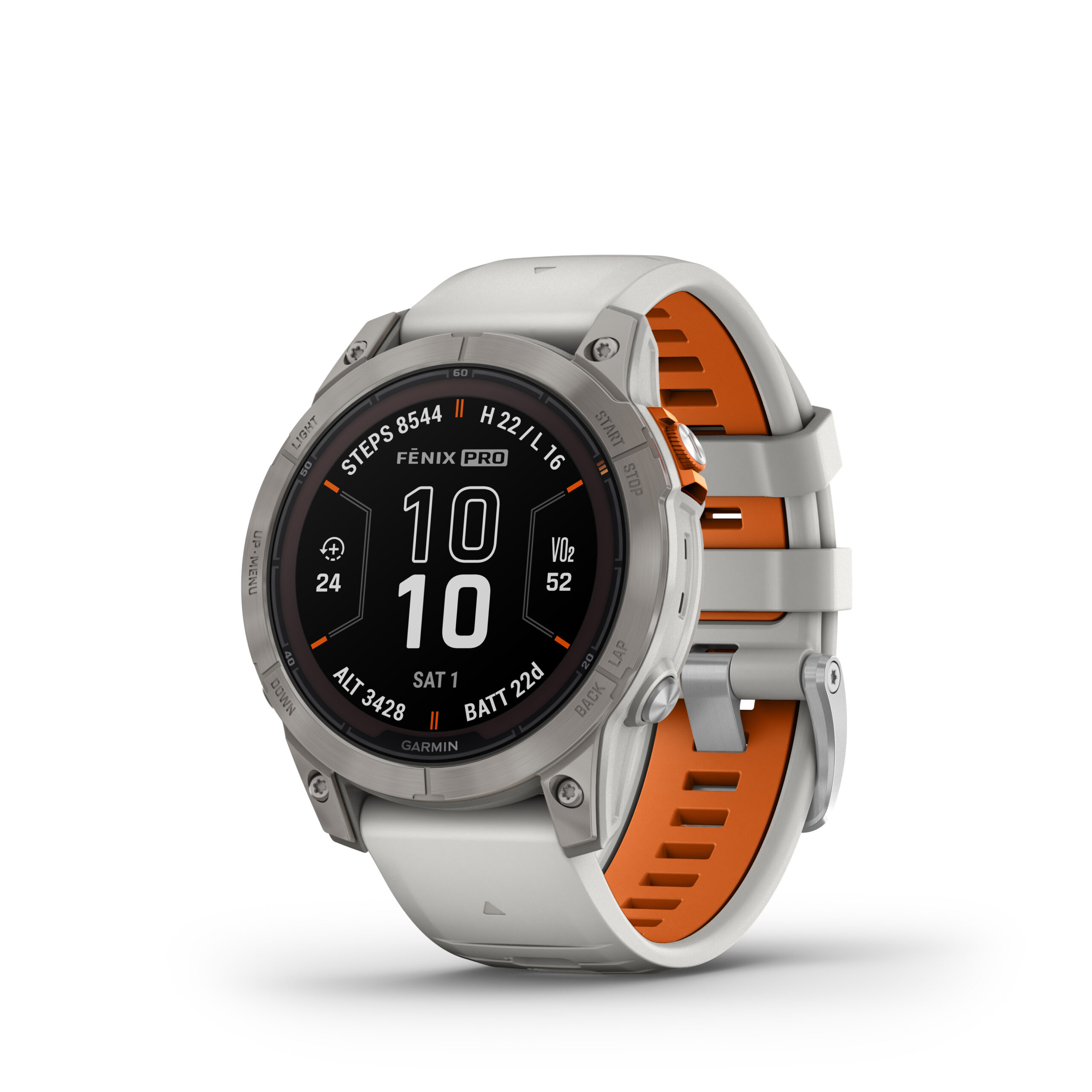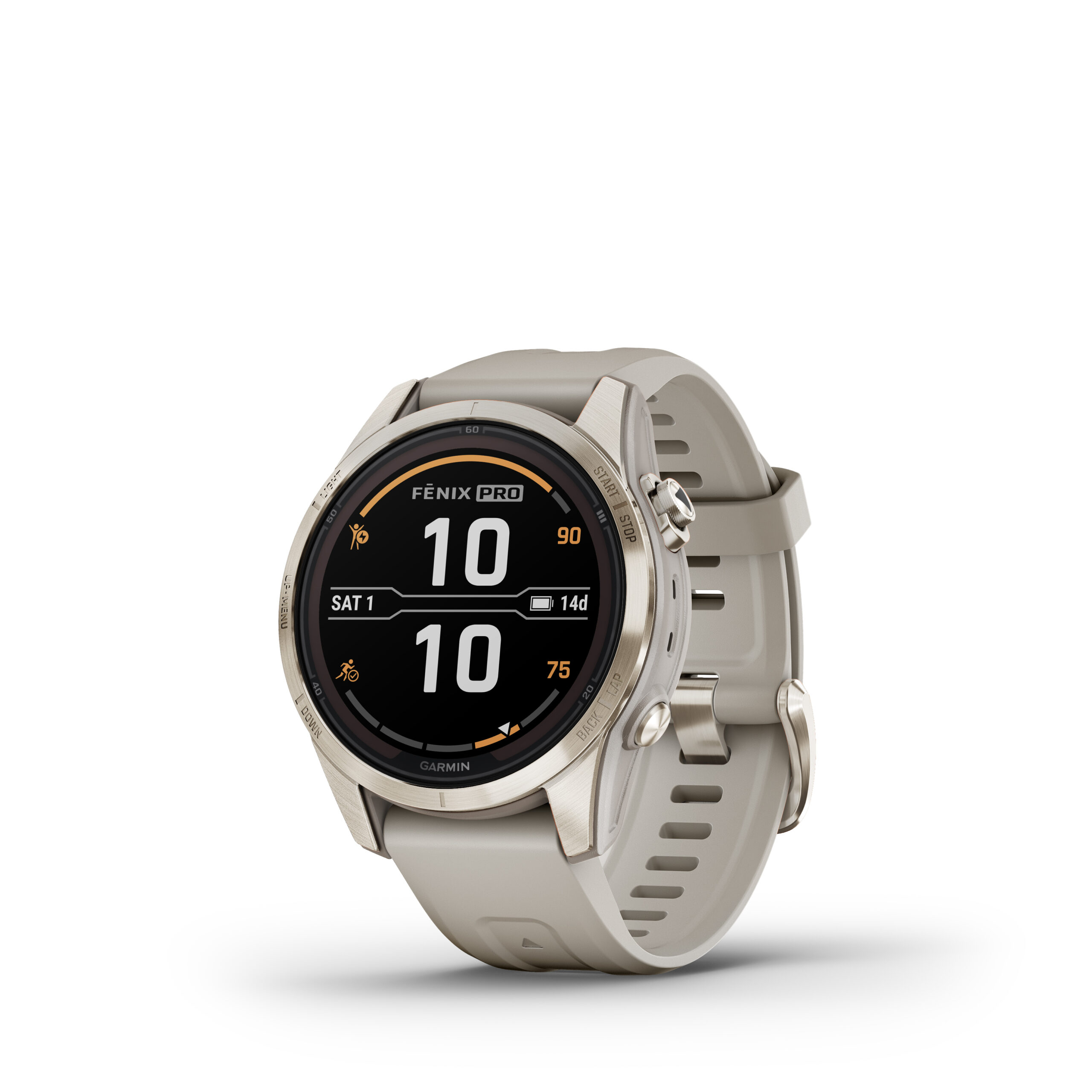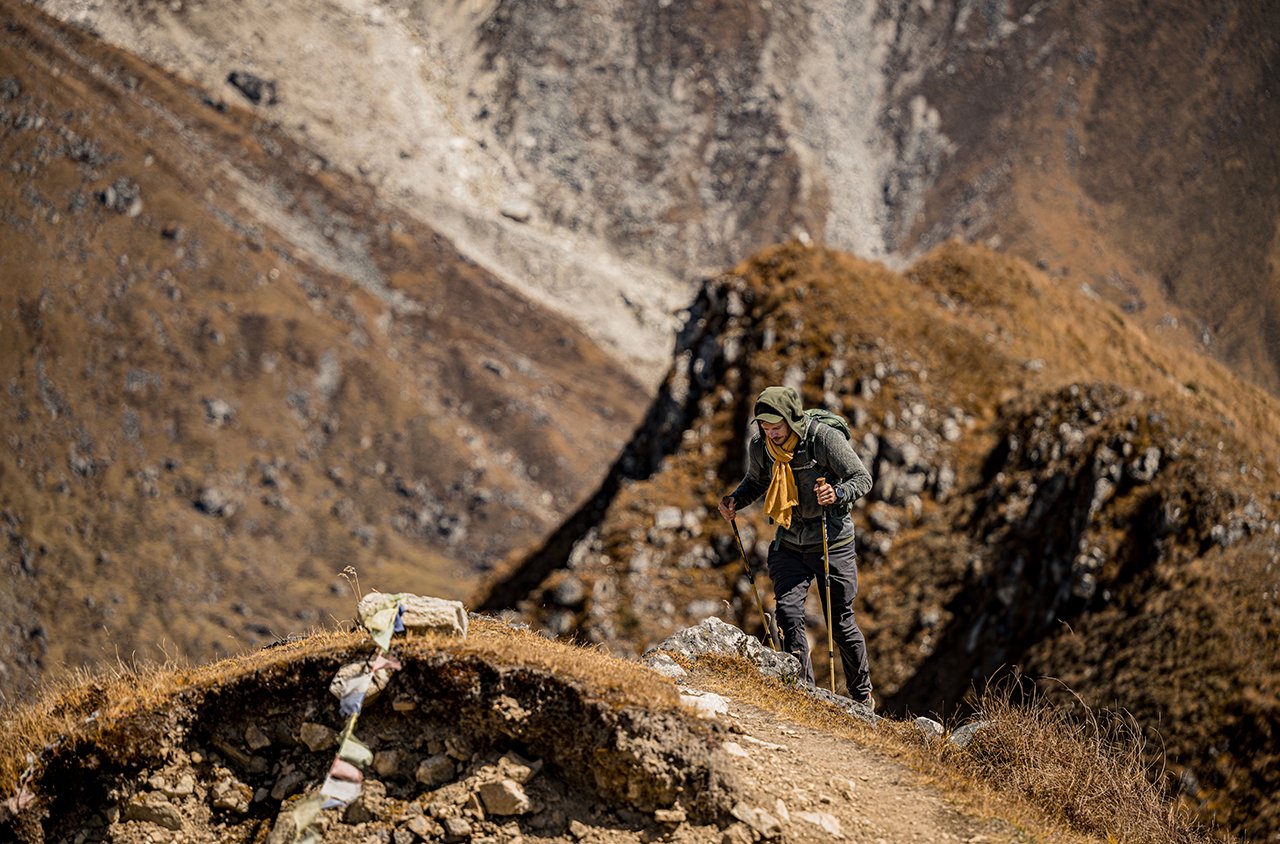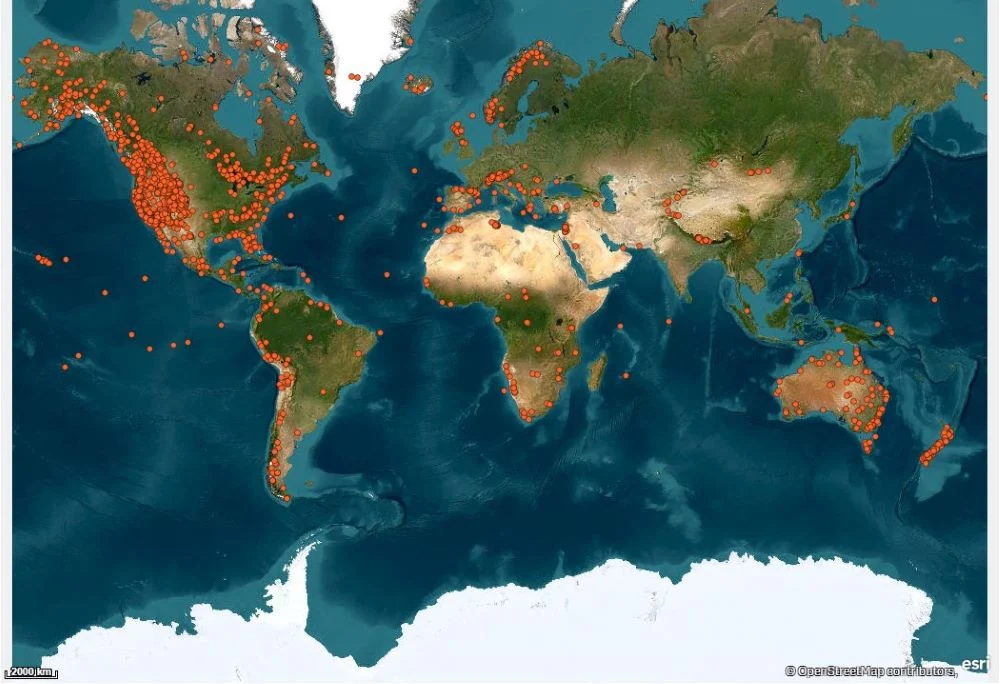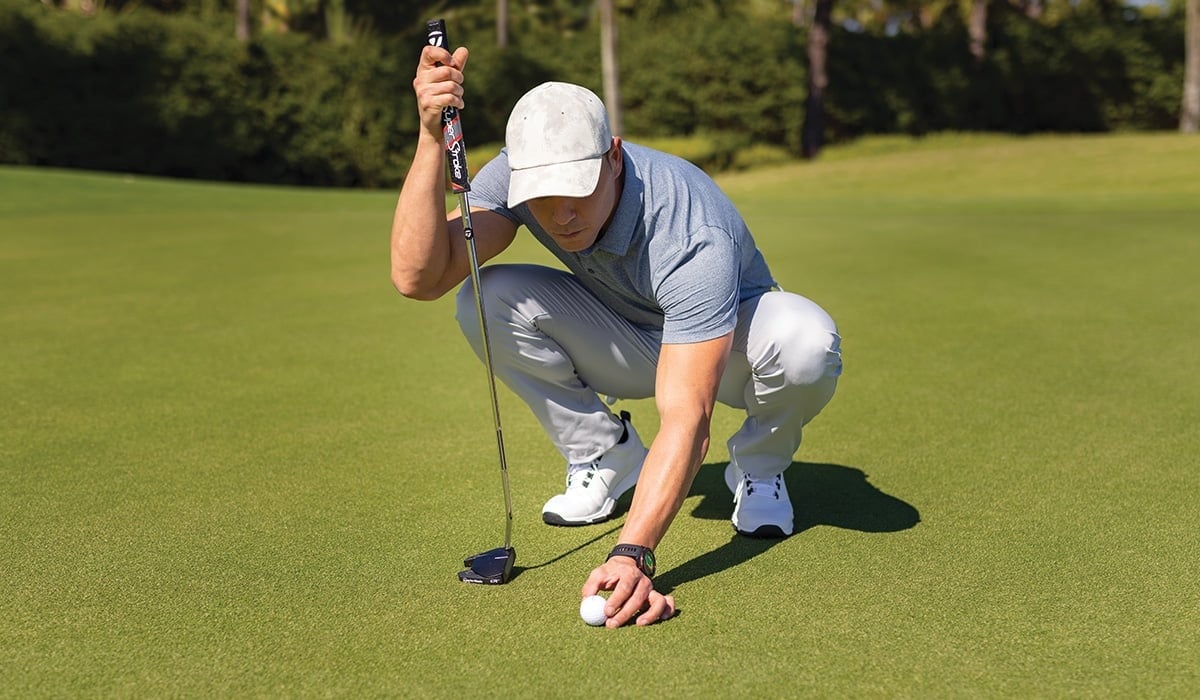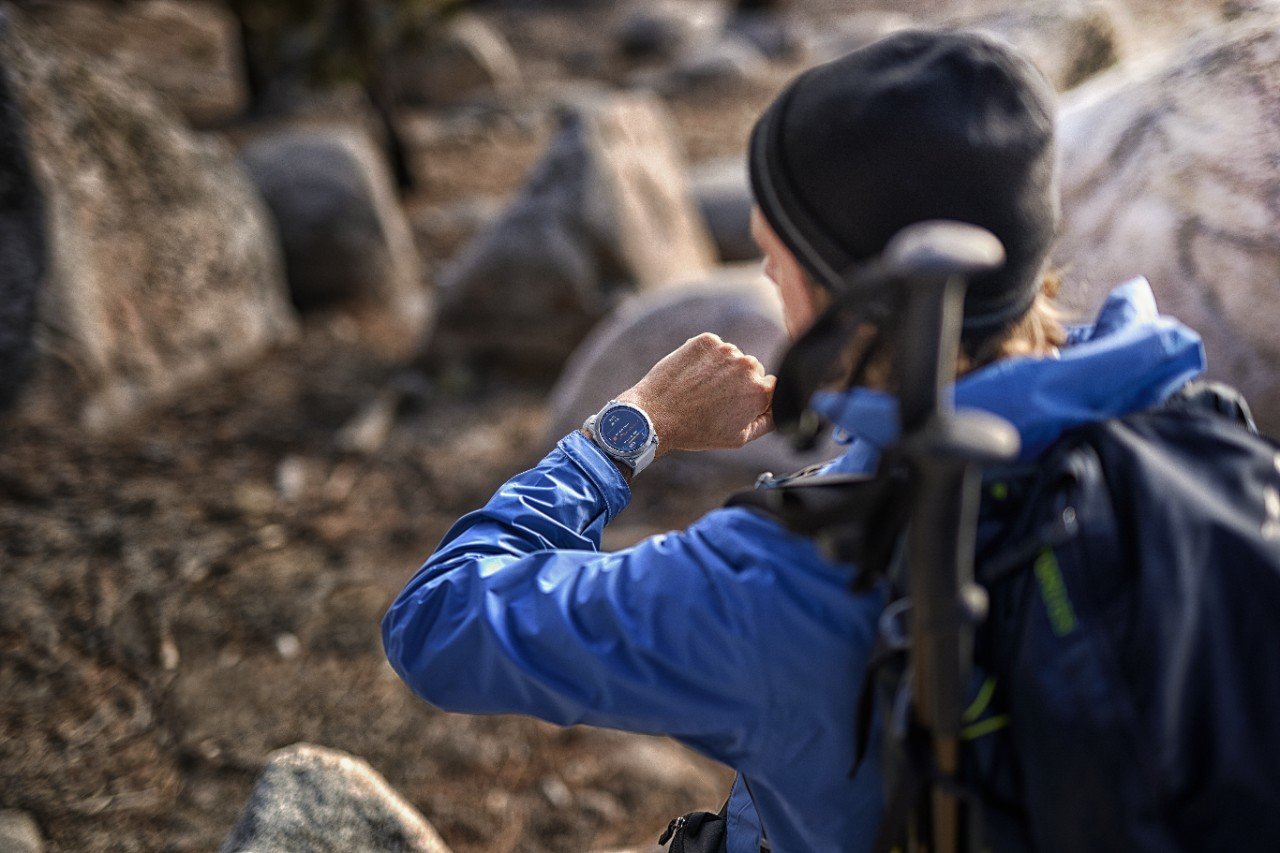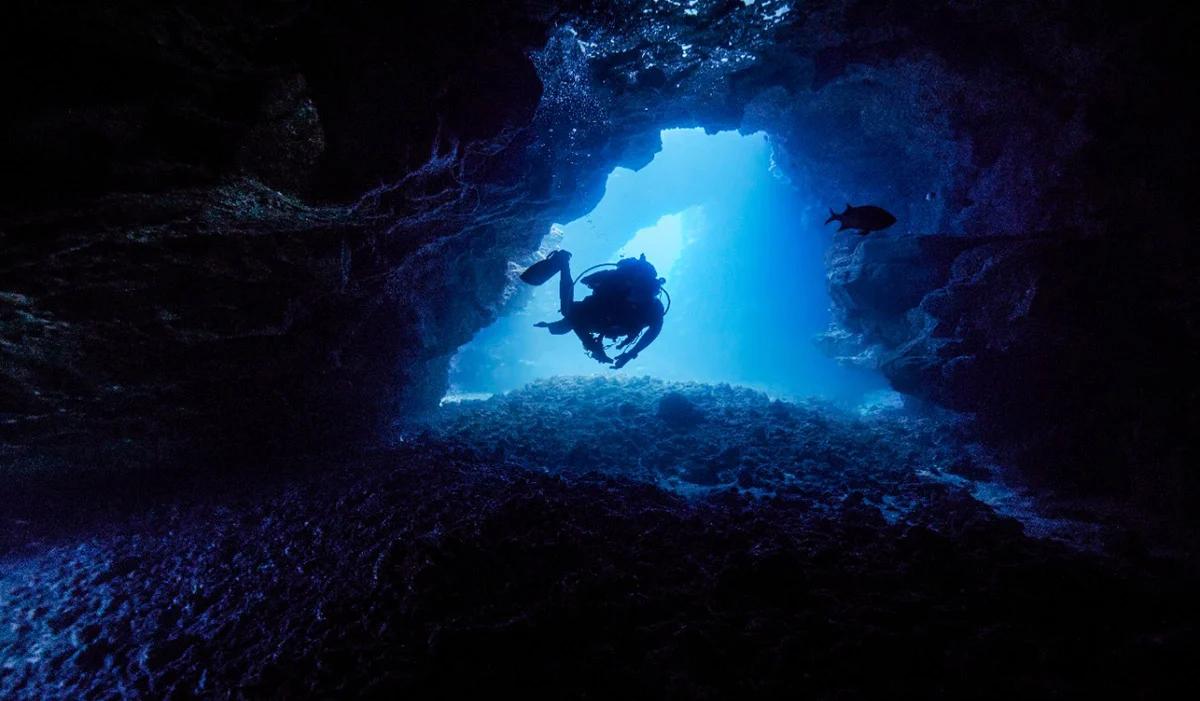
7 Days Out with fēnix, according to Joel
My overwhelming sense since returning from the 7 Days Out experience in Nepal has been gratitude, along with a desire for everyone who feels that call to push themselves outside their comfort zone — to connect with nature, to test their physical and mental resilience to get that opportunity — to go for it.
To be sure, hiking in the Langtang wasn’t only spectacular views and feelings of achievement. I also ate pretty much the same meal — for breakfast, lunch and dinner — every day for a week (because it was the only thing I could keep down!). Fried egg and chapatis, anyone? But that was all part of it. Life has shown that it’s from such challenges that all the good stuff can emerge.
For me, I saw the experience as part of my process of recovery after years of corporate life and the relentlessness of working in senior management positions. I’d had a career working in diplomacy and development for big institutions, living in some of the most amazing (and overwhelming) cities in the world: London, New York, Brussels, Cairo, Beirut, Amman. We made the decision as a family to return to Italy (where my wife is from) as part of me building a healthier relationship with work, with myself, as a husband and dad, and deciding how I wanted to spend the next chapter of my life.
Going to Nepal was the next step in that process. We live in a beautiful part of Italy — amongst other things the home of Bolognese sauce, Balsamic vinegar and Parmesan (la dolce vita!). But what I needed was the chance to shake things up again — to stretch myself, to risk … the kind of opportunity that can be hard to make happen once you become a parent. And I needed to do it without my family to reconnect with myself and my own potential. Because I’ve learnt that when I get stronger, everyone in my life wins.
Nepal gave me all of that. But I’m not sure I could’ve done it without Wes and Garmin1. As you can tell from the series, Wes is the kind of guy who can make you laugh in even the toughest moments — bringing light into the dark. It’s when he stops telling jokes that you have to worry … because that’s when you know you’re in a really tough spot! Like the time we were trekking through avalanche-affected areas where hundreds of people had been killed just a few years before. Or on the chopper out when our pilot had to make an emergency manoeuvre to evade a large bird flying straight towards us. There were lots of moments.
Even in the most difficult parts of the hike though, it felt like the fēnix® 7 had our backs. I have to confess that this was my first-ever smartwatch, but I don’t think I’ll ever go back. For an amateur on an expedition like this, even with a guide, it’s so reassuring to have something giving you real-time data on how you’re really doing, especially when you’re new to dealing with the risks of altitude. Functions like the heart-rate monitor2 and altitude acclimation allowed us to properly pace ourselves — to know when to push harder, and when to slow down — which is much harder to discern than I’d realised. And tools like the mapping and navigation and the inReach® satellite communicator3 mean you know that whatever happens, you’ll have a way of knowing where you are and be able to message for help. And with the battery life so good it means you can trust it’ll be there when you really need it!
Since coming home, I use the altitude acclimation function less(!), but functions like ‘training status’ and ‘training readiness’ have been invaluable at helping me maintain a healthier way of being — without overdoing it and getting injured, or giving up, as might’ve happened in the past. This more sustainable commitment to my own health and fitness has been one piece of what I’ve taken from the experience in Nepal. But it’s also given me the confidence and the clarity to keep finding ways to challenge myself and to be inspired in nature — so I’ve taken a kayaking course, I’ve hiked in the Dolomite mountains, and I’ve even applied for a dogsledding expedition across Arctic Scandinavia! Part of my work life is as a life coach for men, so it’s also inspired me to explore ways of combining personal growth work with epic expeditions in the wild — like hiking the Langtang Valley — because I’ve seen firsthand how powerful it can be. Most importantly, perhaps, since returning from Nepal, I think/hope my family would say I’ve been more present when I’m with them, because I’m taking better care of my own needs so am more able to show up fully with them.
So, although in many ways 7 Days Out was one of those ‘once-in-a-lifetime’ experiences, it’s galvanised me to ensure I make space for many more ‘days out,’ and in the process to model for my daughter just how exciting/spectacular the world can be. It’s also proved that you can climb higher, push further when you’ve got a good friend by your side, and the right watch on your wrist!
1 Garmin provided products to and paid expenses of Joel.
2 See Garmin.com/ataccuracy
3 Satellite subscription required. Some jurisdictions regulate or prohibit the use of satellite communication devices. It is your responsibility to know and follow all applicable laws in the jurisdictions where the device is intended to be used.
